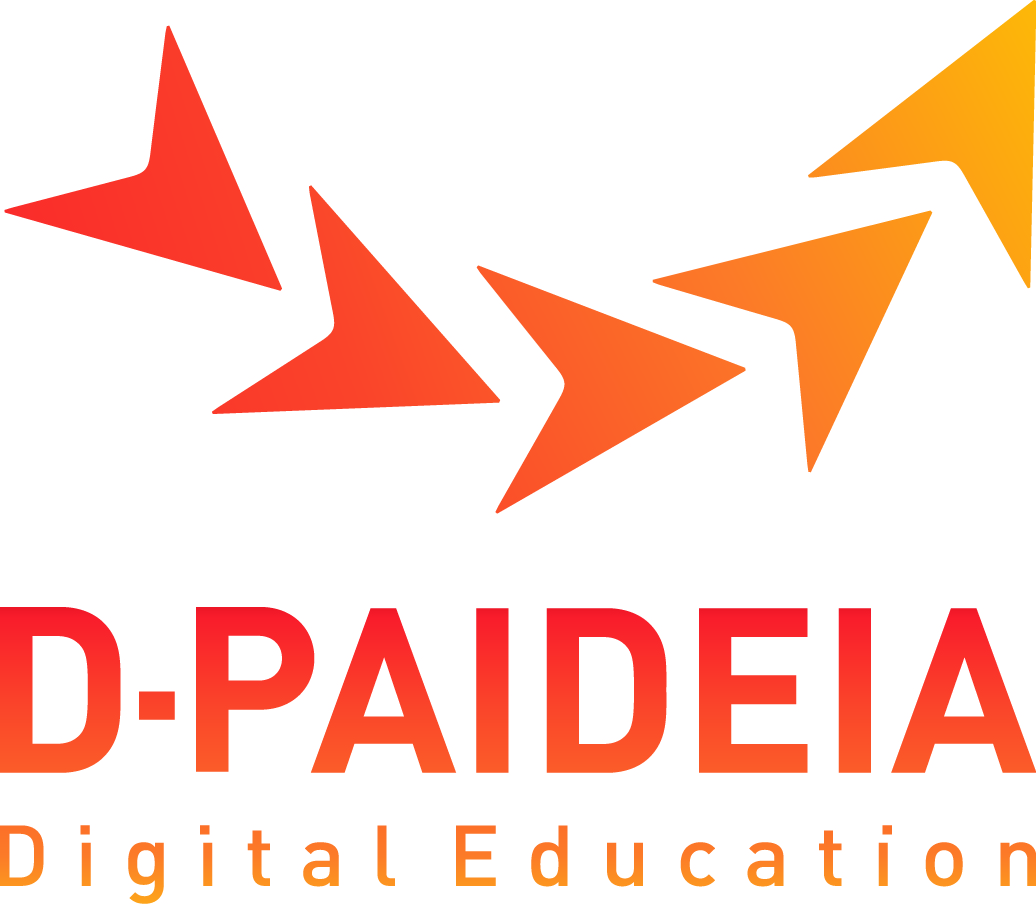
The D-PAIDEIA project, dedicated to enhancing the landscape of school education, is poised to tackle the profound challenges brought forth by the Covid-19 pandemic. In particular, the project seeks to address the social and emotional hurdles arising from the rapid transition to digital teaching and learning during the pandemic-induced lockdowns.
To realize this critical mission, the consortium behind D-PAIDEIA has meticulously developed a comprehensive competencies framework, based on the European Framework for the Digital Competence of Educators (DigCompEdu). This framework has been meticulously crafted through an extensive literature review, which unearthed the pedagogical needs and essential skills required by educators as a result of the Covid-19 pandemic. The literature review is divided into three distinct sections, each offering valuable insights into the educational landscape.
Theoretical Background: Defining Educator Digital Competence
- Within the scientific literature, there exists no singular, universally accepted definition of teacher digital competence. Varied definitions emphasize distinct facets, including technological skills, content knowledge, attitudes toward technology use, pedagogical competence, ethical considerations, cultural awareness, critical thinking, and professional engagement.
- Teacher digital competence extends beyond mere technical skills, encompassing complex dimensions intertwined with digital practices requiring diverse skill sets.
- An integrated approach to teacher digital competence is crucial in comprehending the multifaceted nature of this dynamic concept.
Defining Educator Digital Competence in Context
- While the DigCompEdu model incorporates digital communication, it is observed that this aspect could be further expanded to play a more substantial mediating role in the teacher-student relationship.
- The ability to intervene for enhancing the digital well-being of teachers and students, as well as health protection, emerges as a critical factor in online education practices, closely intertwined with digital competence.
- Critical awareness of ICT policy in education and local resources is identified as vital for teachers’ reflection and agency in a continually evolving socio-economic landscape, ultimately improving their effectiveness.
- Motivational and attitudinal factors are recognized as pivotal elements in the acquisition and application of digital teaching skills.
Educator Digital Competence Pre and Post Covid-19
- The Covid-19 lockdown’s impact on teachers and students has underscored the significance of emotional, social, and psychological dimensions within the realm of digital teaching and learning.
- The experience of Emergency Remote Teaching emphasizes the importance of maintaining relationships, such as collaboration and communication with students, families, and colleagues, in the context of distance learning.
- Online or blended learning demands special attention to students with specific educational needs, particularly those with disabilities and students from low socio-economic backgrounds.
- In order to provide comprehensive training, ICT training programs for teachers should shift their focus toward digital pedagogy and class management in an online environment.
- The D-PAIDEIA project is dedicated to equipping educators with the necessary tools and knowledge to navigate the challenges of a rapidly evolving educational landscape post-Covid-19.
Contact:
- To know more, visit us at: https://www.d-paideia.eu.
- For more information about the D-PAIDEIA project and its research, please contact Kostas Diamandis.
